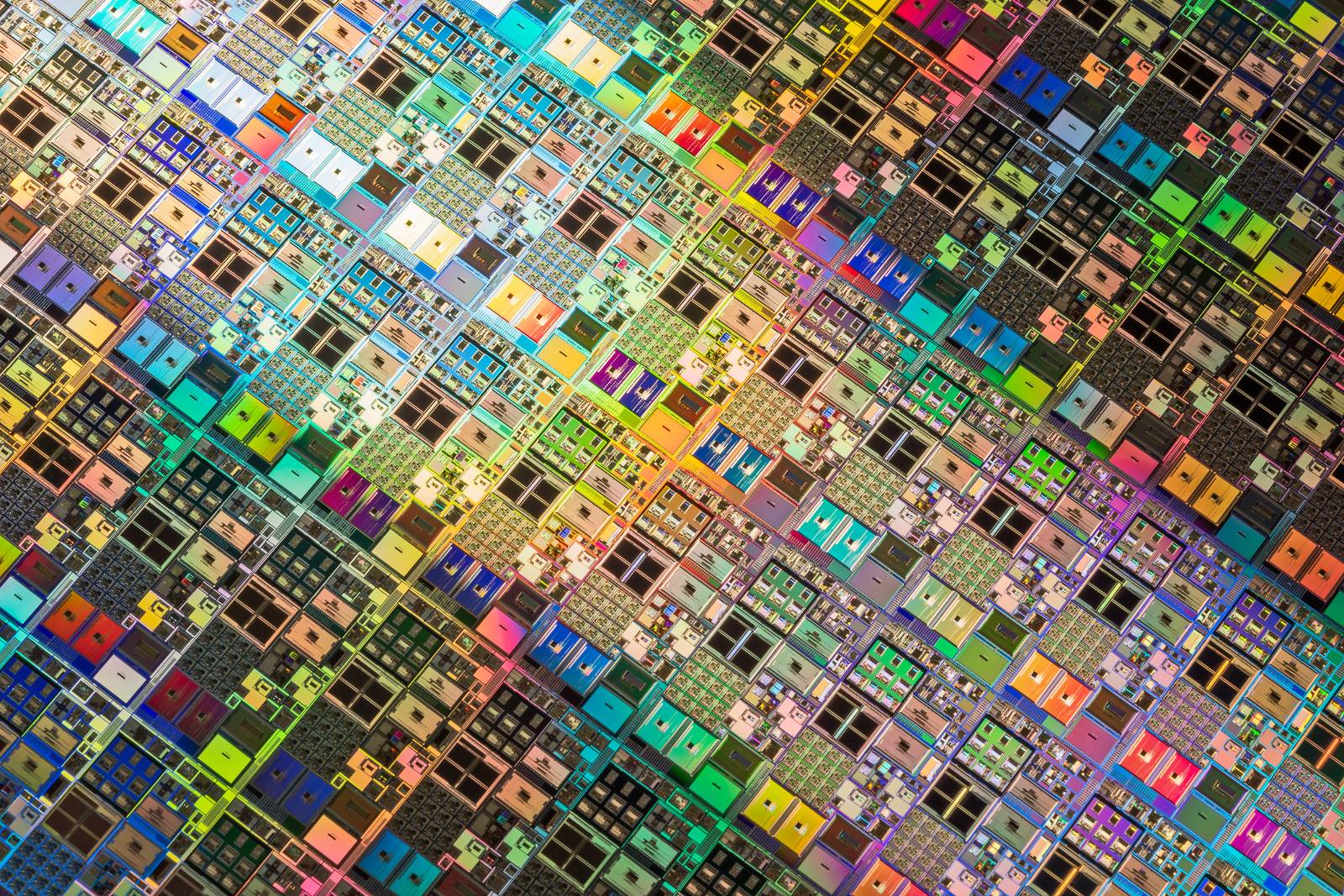
Being tapped to join the S&P 500 is kind of a big deal. Witness what happened to shares in Super Micro Computer (SMCI) and Deckers Outdoor (DECK) on Monday.
Super Micro stock added more than 25% at one point during the session on news the AI server, software and infrastructure company will replace Whirlpool (WHR) in the S&P 500 on March 18.
Not that SMCI needed another catalyst – shares have nearly quadrupled in 2024 alone – but the price action is a good (if exaggerated) example of the importance of being added to the main benchmark for U.S. equity performance.
Many trillions of passive dollars are invested in products that track the S&P 500. The SPDR S&P 500 ETF Trust (SPY), the largest exchange-traded fund (ETF) in the world, has $500 billion in assets under management all by itself. Hundreds of funds and ETFs now have to pick up shares in SMCI and DECK.
Meanwhile, over at DECK, the footwear and apparel company probably best known for the Uggs and Teva brands will replace Zions Bancorporation (ZION) in the S&P 500 on March 18. DECK stock enjoyed a more modest pop of 2.6% on the announcement, but then such is the difference in sentiment between the growth prospects for general AI and shoes.
SMCI and DECK became eligible for inclusion to the S&P 500 in part because of their respective soaring market capitalizations. In addition to a bunch of other criteria, a stock must have a minimum market value of $14.6 billion to join the benchmark index.
By that metric, SMCI has been eligible for inclusion for some time, but the stock didn't definitively vault past the $15 billion mark until mid-January. Cut to today and Super Micro sports a market value in excess of $64 billion – larger than fellow S&P 500 stock PayPal (PYPL).
Deckers Outdoor stock, which has more than doubled over the past 52 weeks, crossed the $15 billion mark back in October. DECK's current market value is more than $23 billion.
As for Whirlpool and Zion Bancorporation, they will replace Super Micro Computer and Deckers Outdoor in the S&P MidCap 400, respectively, said S&P Dow Jones Indices.
Analysts' takes on SMCI and DECK
Being included in the S&P 500 is not an endorsement by the editors of the index to buy the stock. Rather, the stocks in question have merely met the criteria and are deemed better fits than the ones kicked down into the midcap index.
So let's see what industry analysts have to say about these soon-to-be S&P 500 names.
Of the 15 analysts issuing opinions on Super Micro stock surveyed by S&P Global Market Intelligence, seven rate it at Strong Buy, three say Buy, four have it at Hold and one calls it a Strong Sell. That works out to a consensus recommendation of Buy, albeit with mixed conviction.
Goldman Sachs initiated coverage of SMCI on Monday with a Neutral rating (the equivalent of Hold) and a price target of $941. Wall Street's average price target stands at $795.04, giving Super Micro stock implied price downside of about 30% in the next 12 months or so.
"SMCI is very well positioned to serve demand from AI [cloud service providers] over the next few years, but serving enterprise AI infrastructure demand in the years after likely will be more competitive, particularly given more enterprise-focused IT hardware suppliers such as Dell (DELL) and Cisco Systems (CSCO)," analyst Michael Ng wrote in a note to clients.
Analysts are actually more bullish on the far more boring Deckers Outdoor. Of the 21 analysts covering DECK, 12 rate it at Strong Buy, seven say Buy and two call it a Hold. That works out to a consensus recommendation of Buy, with high conviction.
That said, the Street's average target price on DECK gives the stock essentially no implied price upside in the next year or so.






